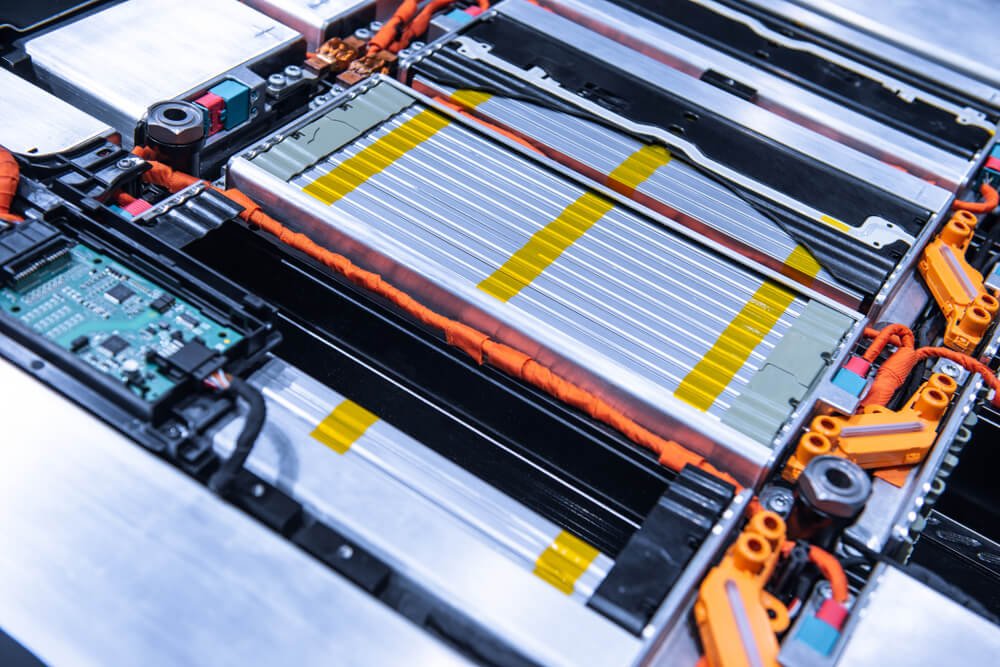Indonesia Proposes EV Battery Plant to Tesla

Indonesia's top investment official announced on Monday that the government has proposed the construction of an electric vehicle (EV) battery plant in the nickel-rich country to Tesla CEO Elon Musk. This proposal was discussed during Musk's meeting with Indonesian President Joko Widodo at a water conference in Bali.
"We made an offer, is it possible to build an EV battery factory, precursor to cathodes, here. And he said he will consider it," stated Luhut Binsar Pandjaitan, Coordinating Minister for Maritime Affairs and Investment.
Indonesia, home to the world's largest nickel reserves, is eager to develop industries that capitalize on its abundant natural resources. Nickel is a crucial material for EV batteries and solar panels. The country's ambition includes increasing its nickel supply from the current 40% to 75% of the global market by 2030. Additionally, Indonesia aims to produce 600,000 electric vehicles by 2030, with a requirement for 60% local content in EVs and related components by 2027.
Musk's visit to Bali also included the launch of a Starlink satellite internet service, addressing global water challenges, and discussing the potential of desalination to resolve water shortages if sufficient energy is available.
Indonesia has been attempting to secure deals with Tesla for battery investment and with Musk's SpaceX to provide high-speed internet to remote areas of the archipelago. President Widodo also proposed investment in an AI center and a SpaceX launchpad in Biak, an island in Indonesia's Papua province.
Although Musk did not make any formal investment announcements, he indicated a likelihood of future investments in Indonesia. "I think it's likely that we will be investing," Musk said, responding to a journalist's question about his plans for Indonesia at a news conference following the Starlink service launch.
Meanwhile, back in the United States, the National Highway Traffic Safety Administration (NHTSA) has requested Tesla to explain the development and effectiveness of a recall remedy for over 2 million vehicles equipped with the company's Autopilot partially automated driving system. The recall was initially addressed with an online software update in December, but Tesla has since reported 20 crashes involving the system.





